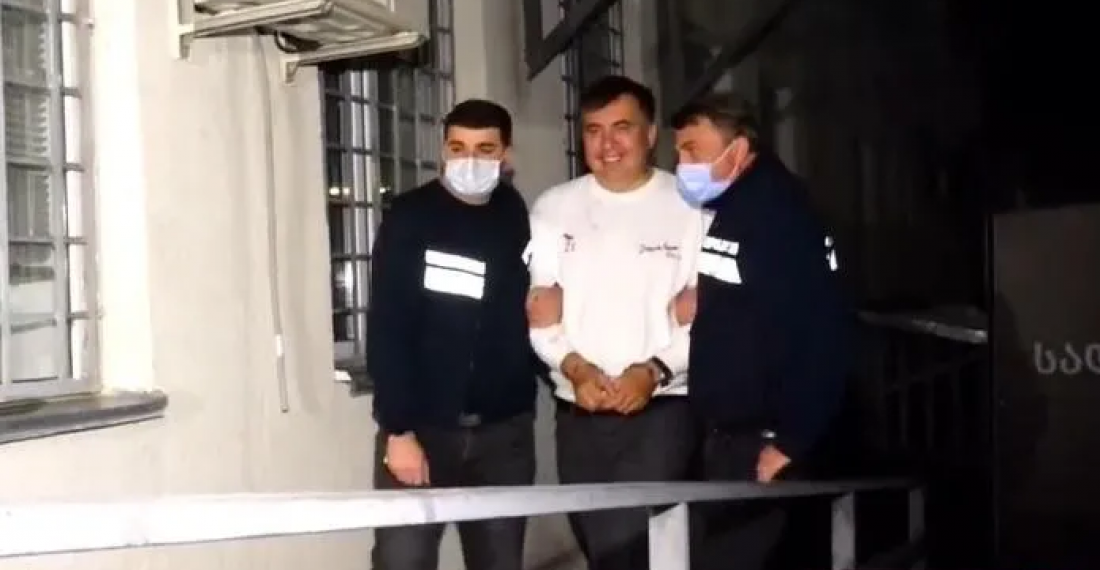Georgians are voting on Saturday (2 October) in local elections to elect 64 mayors and city councils, including the capital, Tbilisi. There are 3,513,884 voters.
The vote is being seen as an expression of confidence or otherwise in the ruling Georgian Dream (GD)government that has been in power in Georgia since 2012.
The campaign has been very acrimonious and highlighted deep polorisation in the country, with the two main political forces: Georgian Dream and the main opposition party, United National Movement (UNM) locked in a bitter fight. Smaller parties often appeared marginalised.
On Friday, Georgia's former president and UNM founder, Mikheil Saakashvili was arrested in a police operation in Tbilisi after he had made his way illegally back to Georgia from eight years of self-imposed exile. Saakashvili, who now holds Ukrainian citizenship and has an official position in Ukraine was wanted by the Georgian law enforcement agencies since he has been convicted of several crimes related to abuse of power during his presidency from 2004-2013. The arrest operation was conducted without major incidents or violence.
Saakashvili has declared himself a political prisoner and has started a hunger strike.






